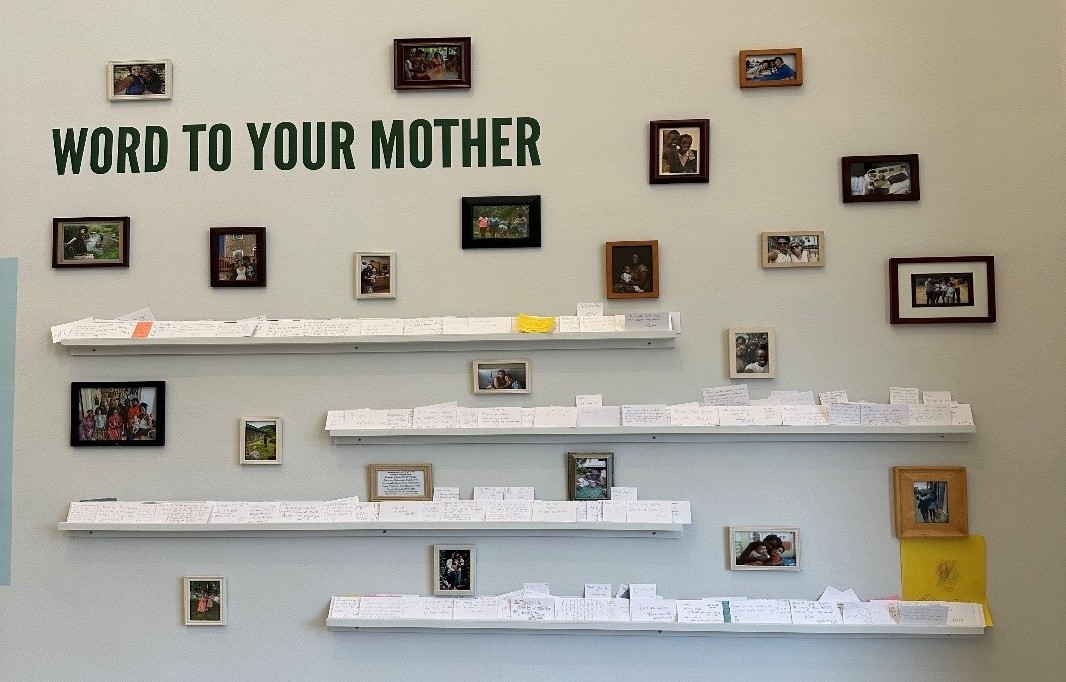by Curtis Black, Community Media Workshop
July 7, 2008 – A new anti-predatory lending program faces uncertain prospects as it takes effect this month – with a state appropriation for expanded mortgage counseling yet to be disbursed by the Illinois Housing Development Authority .
The state’s new Anti-Predatory Lending Data Base program began last week; it’s a revision of an earlier program that required loan counseling for mortgage customers with credit profiles that indicated vulnerability to predatory lending in 10 Southwest Side zip codes with high foreclosure rates.
The new program covers all of Cook County and is triggered not by purchasers’ characteristics but by types of loan products that have been abused in the past.
Mortgages being sold to first-time homebuyers or people refinancing primary residences will require one-on-one review sessions with housing counseling agencies if they feature prepayment penalties, adjustable rates, negative amortization or stated-income documentation.
That allows counselors to make sure borrowers understand the terms of the often-complicated mortgage product they are getting (many don’t), to compare loan products with what is standard in the industry, and to check for unfair rates and fees, said Caleb Sjoblom of the Rogers Park Community Development Corp.
“It adds a level of disclosure,” he said. “People learn a lot about their loan products.”
The program is “aimed at reducing predatory lending practices and reducing foreclosure by assisting borrowers in understanding the terms and conditions” of loans they are being sold, said Margaret Feit Clarke of the Interfaith Housing Center of the Northern Suburbs.
Counselors enter their recommendations into a data base, and customers are free to make their own decisions.
The data base is designed to track predatory lenders, many of whom have tended to operate below regulatory radar.
“The big question is what the demand for the program is going to be,” said Bob Palmer of Housing Action Illinois , which has been training housing counselors for the new program.
Many of the mortgage products covered are disappearing in the current credit climate, he said. Sjoblom said that adjustable rate mortgages are still being originated.
The state allocated $3 million for capacity building for counseling agencies prior to the launch of the data base program, but IHDA has yet to take the first steps toward disbursing the funds, said Palmer.
An IHDA spokesperson referred questions to a spokesperson for the Illinois Department of Financial and Professional Regulation , who referred questions to IHDA.
“We just don’t know what to expect,” said Sjoblom. He called the failure to provide capacity funding “unfortunate.”
With the foreclosure crisis, predatory lending has moved into mortgage rescue schemes, said Professor Michael Seng, director of the Fair Housing Legal Support Center at The John Marshall Law School . “Predatory lenders prey upon the most vulnerable,” he said.
A new law in effect since last year has reduced cases of homeowners signing their titles over to mortgage rescue companies, Seng said. In a recent case, students helped a homeowner who had paid “a fairly large amount of money” to a rescue company which promised to help straighten out a troubled mortgage, he said. “They never made a single phone call.”
Students tracked the company down and got a refund for the homeowner, but by then it was too late to save the home, he said.
Seng urged homeowners not to respond to phone calls or solicitations that offer financing, not to sign documents with blanks yet to be filled in, not to accept contract changes at the time of loan closings – and to get advice from a counseling agency or attorney.
He said the original law mandating counseling was “a stronger law” that “covered a lot more instances” and applied to areas particularly hard-hit by lending abuses. “If it had been allowed to go into effect, a lot of people who are in trouble now could have avoided it,” he said.
Seng’s students offer free loan review assistance through the Greater Southwest Development Corporation, Neighborhood Housing Services of Chicago and the Resurrection Project, as well as the city treasurer’s office and Department of Housing.
Students also make presentations at neighborhood fairs and community organizations, explaining how homeowners can protect their property and credit rating against predatory lenders.

![Reblog this post [with Zemanta]](http://img.zemanta.com/reblog_e.png?x-id=c2bb0d9c-1a3a-4bb1-ad55-fbb36639e3aa)





Be First to Comment